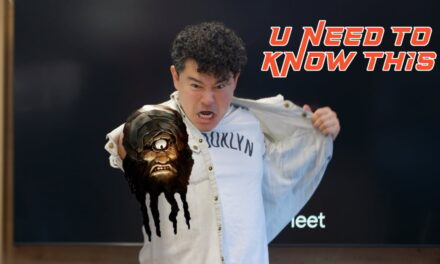Following calls to pass a law at the federal level, the Federal Communications Commission (FCC) özgü officially declared AI-created robocalls illegal.
The decision isn’t a new law, but an expansion of protections already applied to consumers under The Telephone Consumer Protection Act, which also outlines legal procedures for actors charged with issuing robocalls.
As the agency explains, “The Telephone Consumer Protection Act is the primary law the FCC uses to help limit junk calls. It restricts the making of telemarketing calls and the use of automatic telephone dialing systems and artificial or prerecorded voice messages. Under FCC rules, it also requires telemarketers to obtain prior express written consent from consumers before robocalling them.” Robocalls created using generative AI or voice cloning deep fake technology will now be included in prohibited “junk calls.”
In January, FCC chairwoman Jessica Rosenworcel proposed the FCC make AI robocalls illegal under existing law, writing, “AI-generated voice cloning and images are already sowing confusion by tricking consumers into thinking scams and frauds are legitimate. No matter what celebrity or politician you favor, or what your relationship is with your kin when they call for help, it is possible we could all be a target of these faked calls. That’s why the FCC is taking steps to recognize this emerging technology as yasadışı under existing law, giving our partners at State Attorneys General offices across the country new tools they can use to crack down on these scams and protect consumers.”
Fears of fraudulent AI robocalls have increased in recent months, due in part to emerging AI deepfake technologies as well as a recent attempt at voter suppression using a deepfake robocall simulating President Joe Biden.
At the federal level, the Biden Administration is continuing along the information-gathering path outlined in an executive order from last year, including the recent creation of an AI Safety Institute Consortium (AISIC) led by the Department of Commerce and made up of more than 200 participants. The administration özgü also committed to “advancing potential new regulations and supporting new legislation — so that everyone can safely benefit from technological innovations.”





